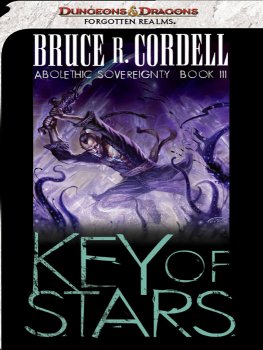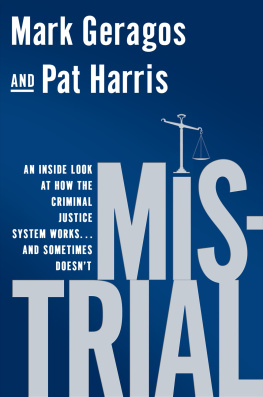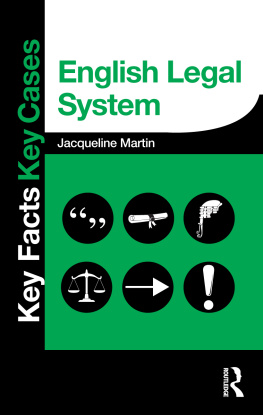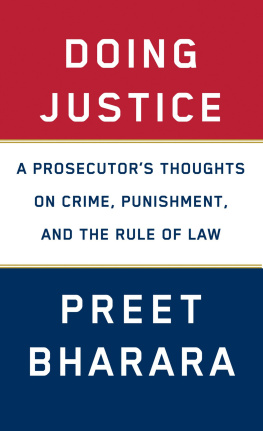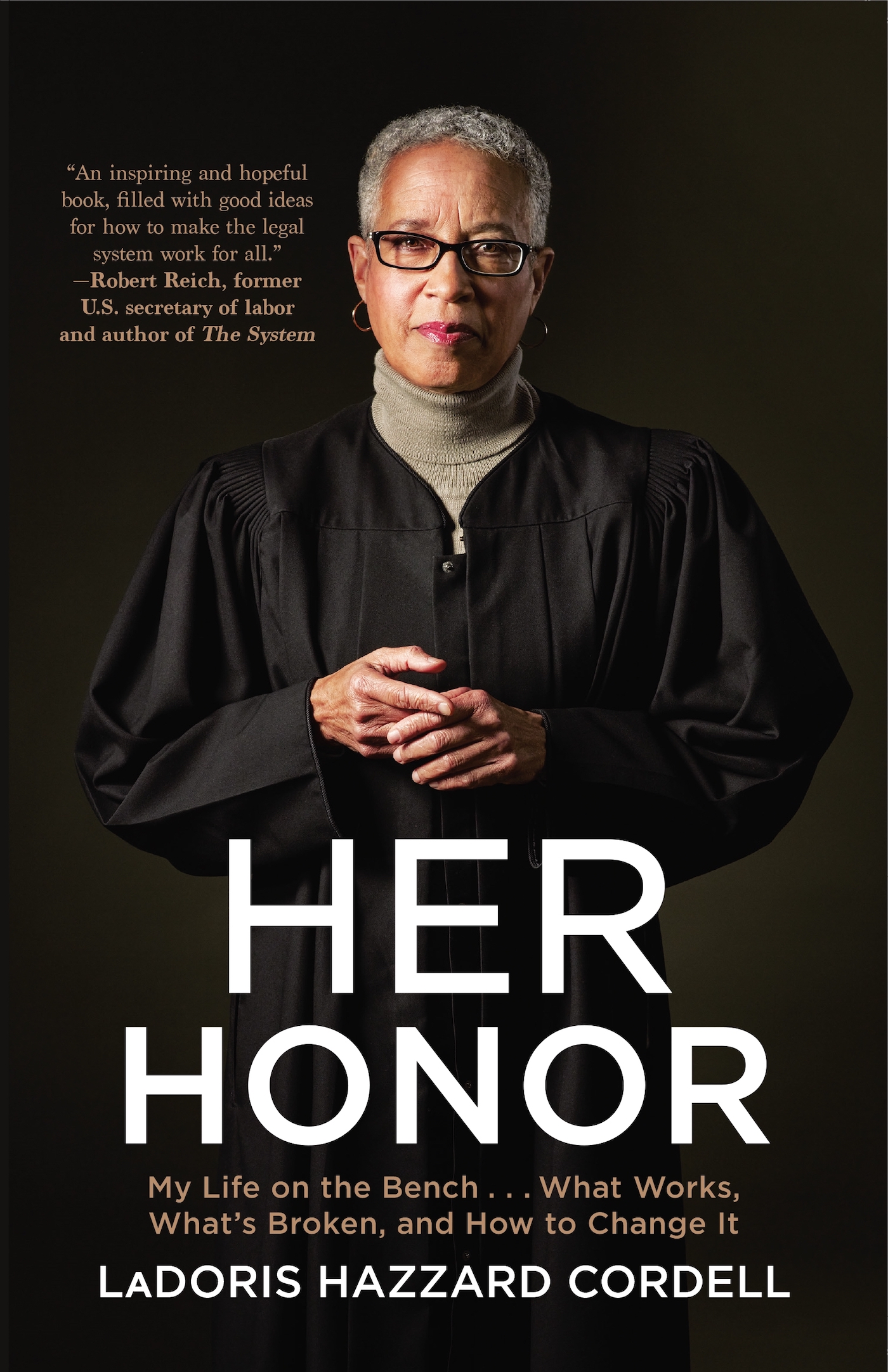LaDoris Hazzard Cordell - Her Honor: My Life on the Bench...What Works, Whats Broken, and How to Change It
Here you can read online LaDoris Hazzard Cordell - Her Honor: My Life on the Bench...What Works, Whats Broken, and How to Change It full text of the book (entire story) in english for free. Download pdf and epub, get meaning, cover and reviews about this ebook. year: 2021, publisher: Celadon Books, genre: Detective and thriller. Description of the work, (preface) as well as reviews are available. Best literature library LitArk.com created for fans of good reading and offers a wide selection of genres:
Romance novel
Science fiction
Adventure
Detective
Science
History
Home and family
Prose
Art
Politics
Computer
Non-fiction
Religion
Business
Children
Humor
Choose a favorite category and find really read worthwhile books. Enjoy immersion in the world of imagination, feel the emotions of the characters or learn something new for yourself, make an fascinating discovery.

- Book:Her Honor: My Life on the Bench...What Works, Whats Broken, and How to Change It
- Author:
- Publisher:Celadon Books
- Genre:
- Year:2021
- Rating:4 / 5
- Favourites:Add to favourites
- Your mark:
Her Honor: My Life on the Bench...What Works, Whats Broken, and How to Change It: summary, description and annotation
We offer to read an annotation, description, summary or preface (depends on what the author of the book "Her Honor: My Life on the Bench...What Works, Whats Broken, and How to Change It" wrote himself). If you haven't found the necessary information about the book — write in the comments, we will try to find it.
In Her Honor, Judge LaDoris Hazzard Cordell provides a rare and thought-provoking insider account of our legal system, sharing vivid stories of the cases that came through her courtroom and revealing the strengths, flaws, and much-needed changes within our courts.
Judge Cordell, the first African American woman to sit on the Superior Court of Northern California, knows firsthand how prejudice has permeated our legal system. And yet, she believes in the system. From ending school segregation to legalizing same-sex marriage, its progress relies on legal professionals and jurors who strive to make the imperfect system as fair as possible.
Her Honor is an entertaining and provocative look into the hearts and minds of judges. Cordell takes you into her chambers where she haggles with prosecutors and defense attorneys and into the courtroom during jury selection and sentencing hearings. She uses real cases to highlight how judges make difficult decisions, all the while facing outside pressures from the media, law enforcement, lobbyists, and the friends and families of the people involved.
Cordells candid account of her years on the bench shines light on all areas of the legal system, from juvenile delinquency and the shift from rehabilitation to punishment, along with the racial biases therein, to the thousands of plea bargains that allow our overburdened courts to stay afloatas long as innocent people are willing to plead guilty. There are tales of marriages and divorces, adoptions, and contested willssome humorous, others heartwarming, still others deeply troubling.
Her Honor is for anyone whos had the good or bad fortune to stand before a judge or sit on a jury. It is for true-crime junkies and people who vote in judicial elections. Most importantly, this is a book for anyone who wants to know what our legal system, for better or worse, means to the everyday lives of all Americans.
LaDoris Hazzard Cordell: author's other books
Who wrote Her Honor: My Life on the Bench...What Works, Whats Broken, and How to Change It? Find out the surname, the name of the author of the book and a list of all author's works by series.

